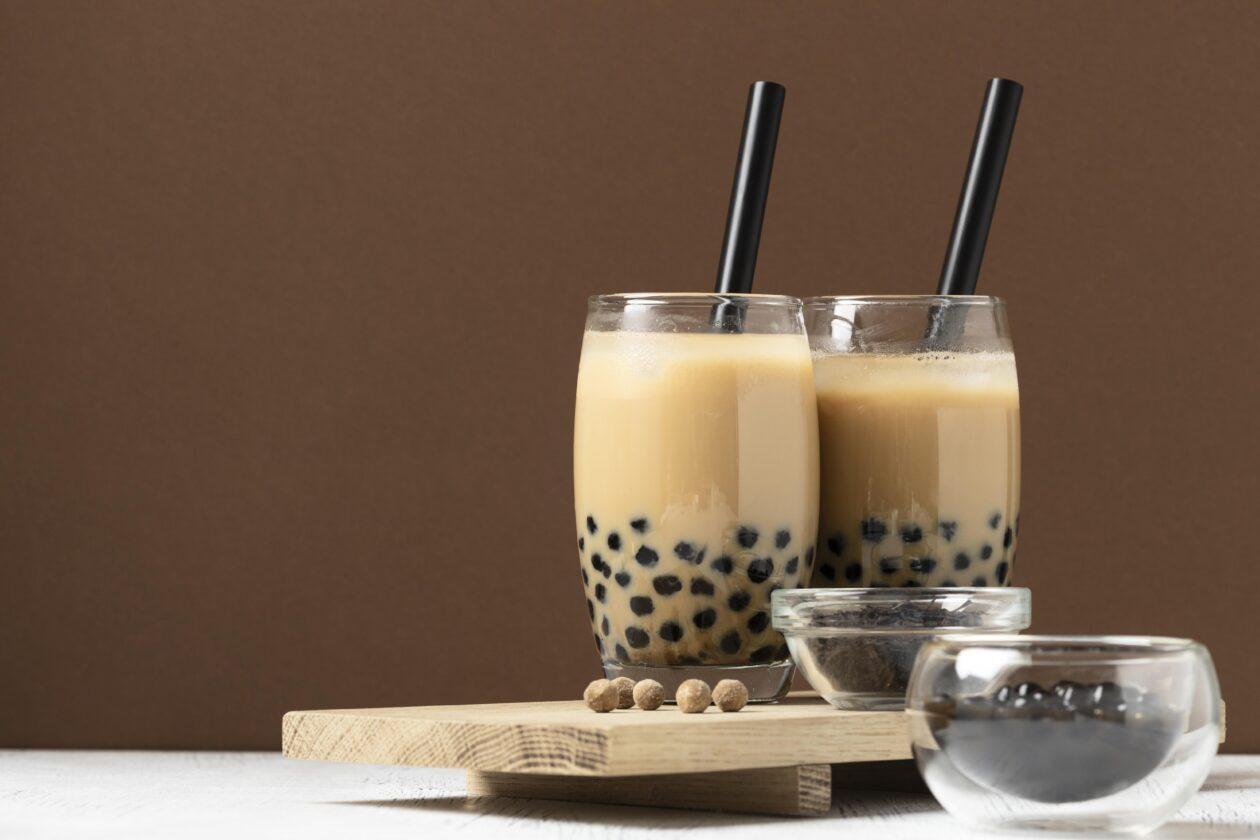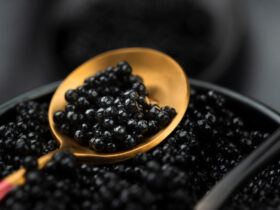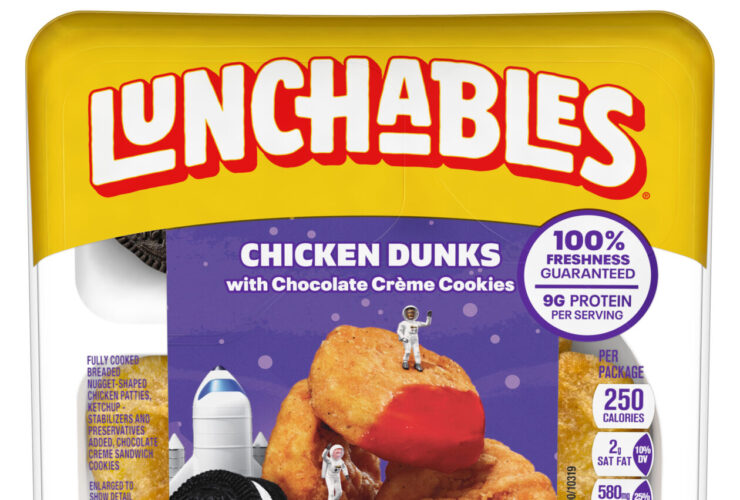The desire for familiar comforts, like boba tea, often arises in the whirlwind of pregnancy. Yet, amidst the sweetness and chewy pearls lies a question: Is indulging in boba during pregnancy safe? Let’s unravel this inquiry and explore the nuances.
Can You Consume Boba While Pregnant?
Consuming boba tea during pregnancy is generally safe, provided certain precautions are taken. Opt for boba made with pasteurized milk or juice to minimize the risk of harmful bacteria. Additionally, monitor caffeine intake and choose lower-caffeine or caffeine-free options. Be mindful of sugar content by selecting lower-sugar varieties and limiting sweet toppings. Moderation and informed choices are crucial to enjoying boba tea safely during pregnancy.
Navigating the Ingredients
With its tapioca pearls, tea base, and various flavorings, Boba tea presents a complex concoction for expecting mothers. The primary concern lies in ensuring the safety of its components, particularly when it comes to milk, juice, and toppings.
Pasteurization Matters
Central to the safety of boba tea during pregnancy is pasteurizing its ingredients. Unpasteurized milk and juice harbor harmful bacteria like E. coli and Salmonella, posing risks to both mother and baby. Therefore, opting for boba made with pasteurized milk and juice is paramount for a safer indulgence.
Caffeine Considerations
Another crucial factor for pregnant women is managing caffeine intake. While boba tea’s caffeine content varies depending on the tea base and brewing method, monitoring consumption to stay within recommended limits is essential. Choosing fruit-based or caffeine-free options can help mitigate this concern.
Sugar Sensibility
Pregnancy often necessitates heightened awareness of sugar intake, given its implications for maternal and fetal health. With its sugary syrups and sweet toppings, Boba tea can contribute to excessive sugar consumption if not consumed mindfully. Opting for lower-sugar varieties and minimizing sweeteners can strike a balance.
Navigating the Menu
When ordering boba tea during pregnancy, it’s wise to consider several factors:
- Check for Pasteurization: Ensure milk and juice are pasteurized to minimize bacterial risks.
- Mind the Sweetness: Choose sweetness levels wisely, opting for lower percentages or unsweetened options.
- Monitor Toppings: Limit sugary toppings like coconut gel or egg pudding to manage calorie and sugar intake.
- Manage Serving Size: Opt for smaller portions to effectively moderate caffeine, sugar, and calorie intake.
Expert Insights
Healthcare professionals recommend moderation and informed choices when consuming boba tea during pregnancy. While occasional indulgence is generally considered safe, maintaining awareness of ingredients, caffeine, and sugar content is crucial for overall well-being.
Final Thoughts
In conclusion, enjoying boba tea during pregnancy is possible with careful consideration and moderation. By prioritizing pasteurized ingredients, managing caffeine and sugar intake, and making mindful choices, expecting mothers can savor their favorite beverage while safeguarding their health and that of their baby. As always, consulting healthcare providers for personalized guidance is advisable to navigate pregnancy dietary choices effectively.
References
NHS Choices. (2023). Foods to avoid in pregnancy. https://www.nhs.uk/pregnancy/keeping-well/foods-to-avoid/
Was this helpful?

Joseph Emb, RDN
Founder of StyleVitally.com | Registered Dietitian & Wellness Advocate
What I Cover:
I’m passionate about connecting nutrition science and everyday wellness to help people live healthier, more vibrant lives. I write about evidence-based nutrition, mindful eating, sustainable lifestyles, and holistic well-being at StyleVitally.com.
My Background:
The University of Texas in Austin, where I earned my Dietetics diploma, laid the groundwork for my nutrition and health career. My training and hands-on experience taught me the science and art of using nutrition to enhance health and well-being.
Professional Journey:
I’m an RDN with lots of experience. I’ve helped people seeking tailored nutritional recommendations in clinical settings and community outreach programs. My constant learning and professional development ensure that my recommendations are always based on the latest evidence.
Ethical Commitment:
My practice prioritizes integrity. My content is transparent and objective, following the most significant ethical standards. I can give my audience unbiased advice because I’m not affiliated with food businesses or industry associations. I want to help people make informed health decisions that match their values and ambitions.
Join Me on the Wellness Journey:
Join me on the path to vitality and well-being, whether facing nutritional issues, seeking sustainable lifestyle changes, or simply wanting a better, happier you. We’ll discover how diet, mindfulness, and holistic well-being can maximize your potential.









